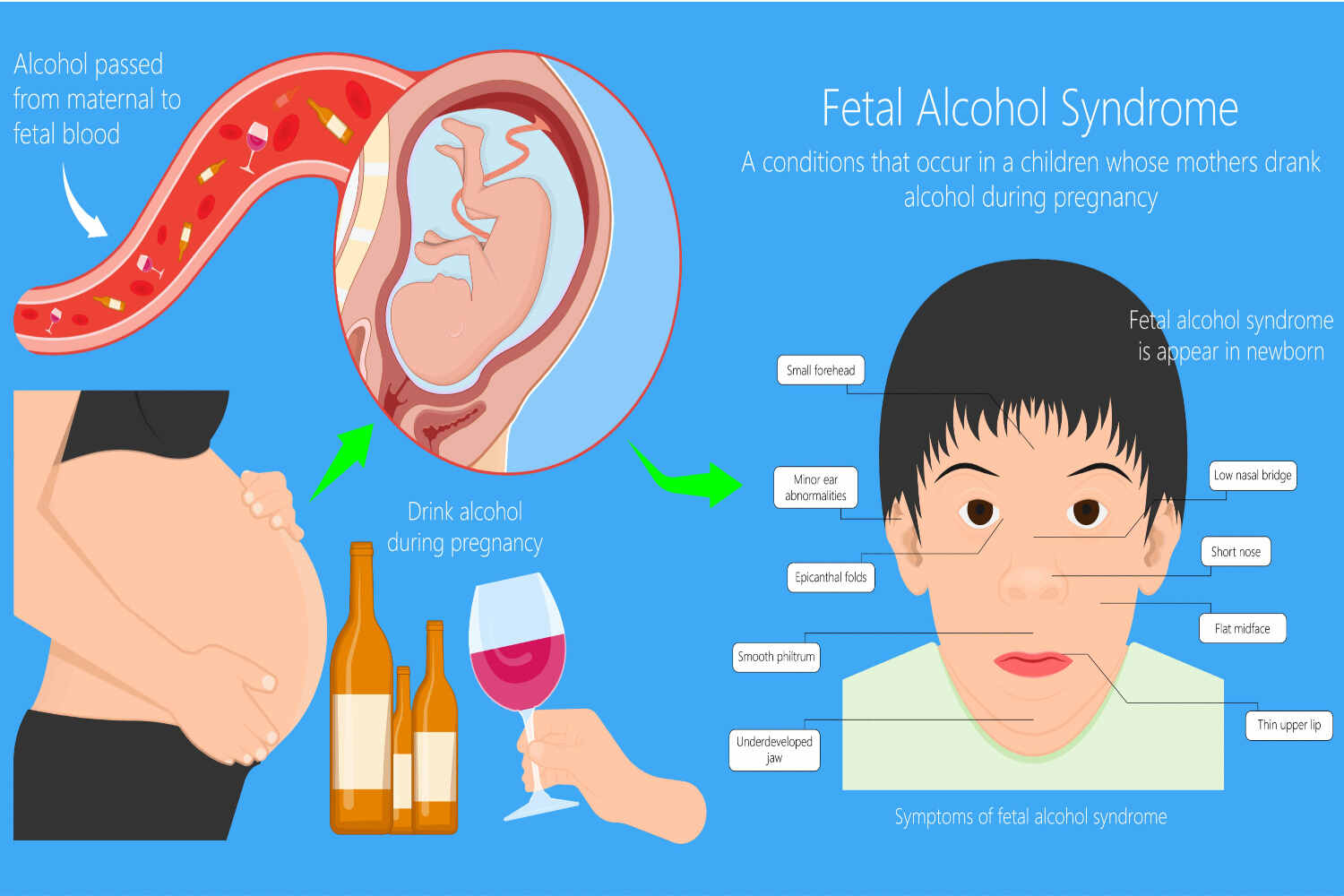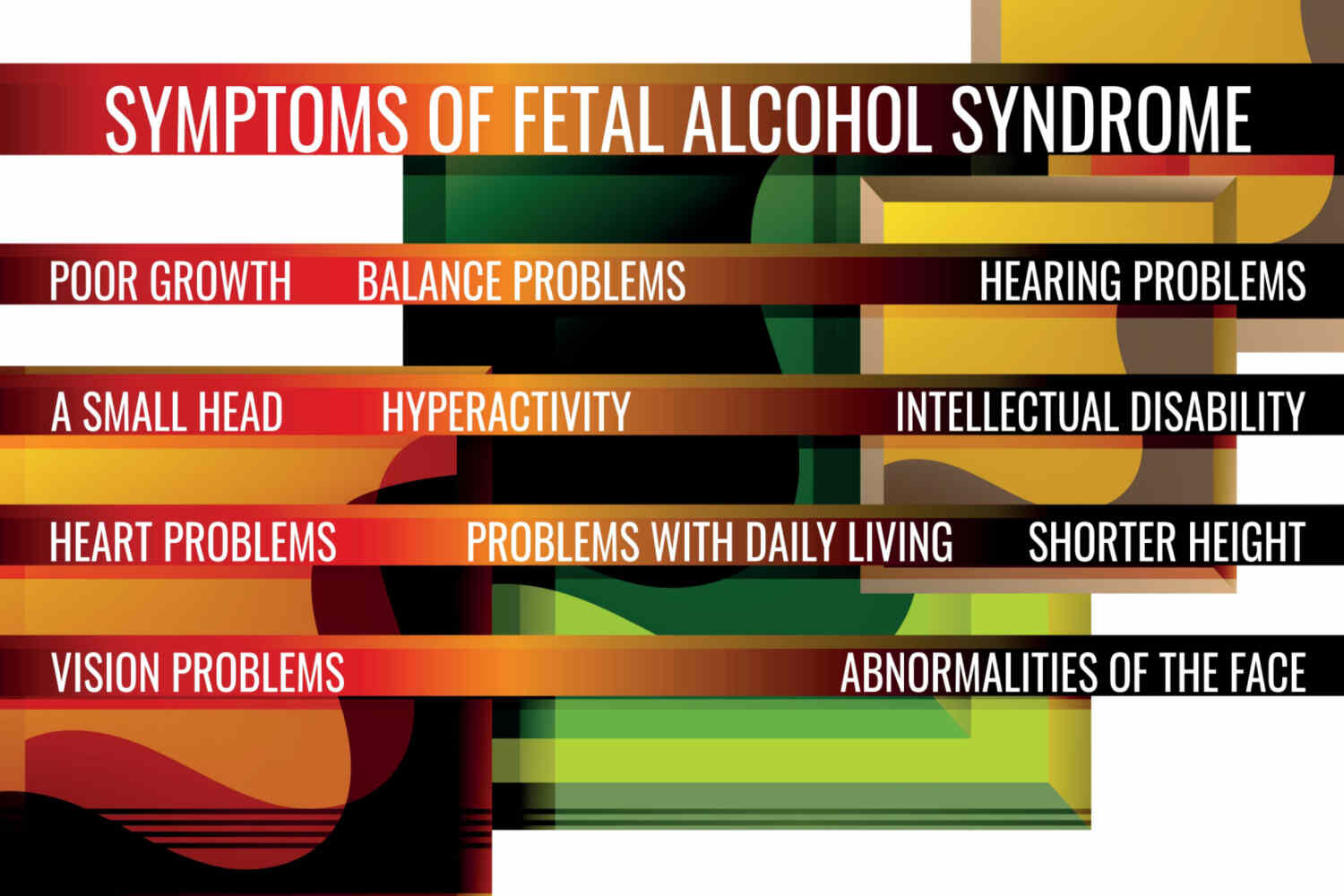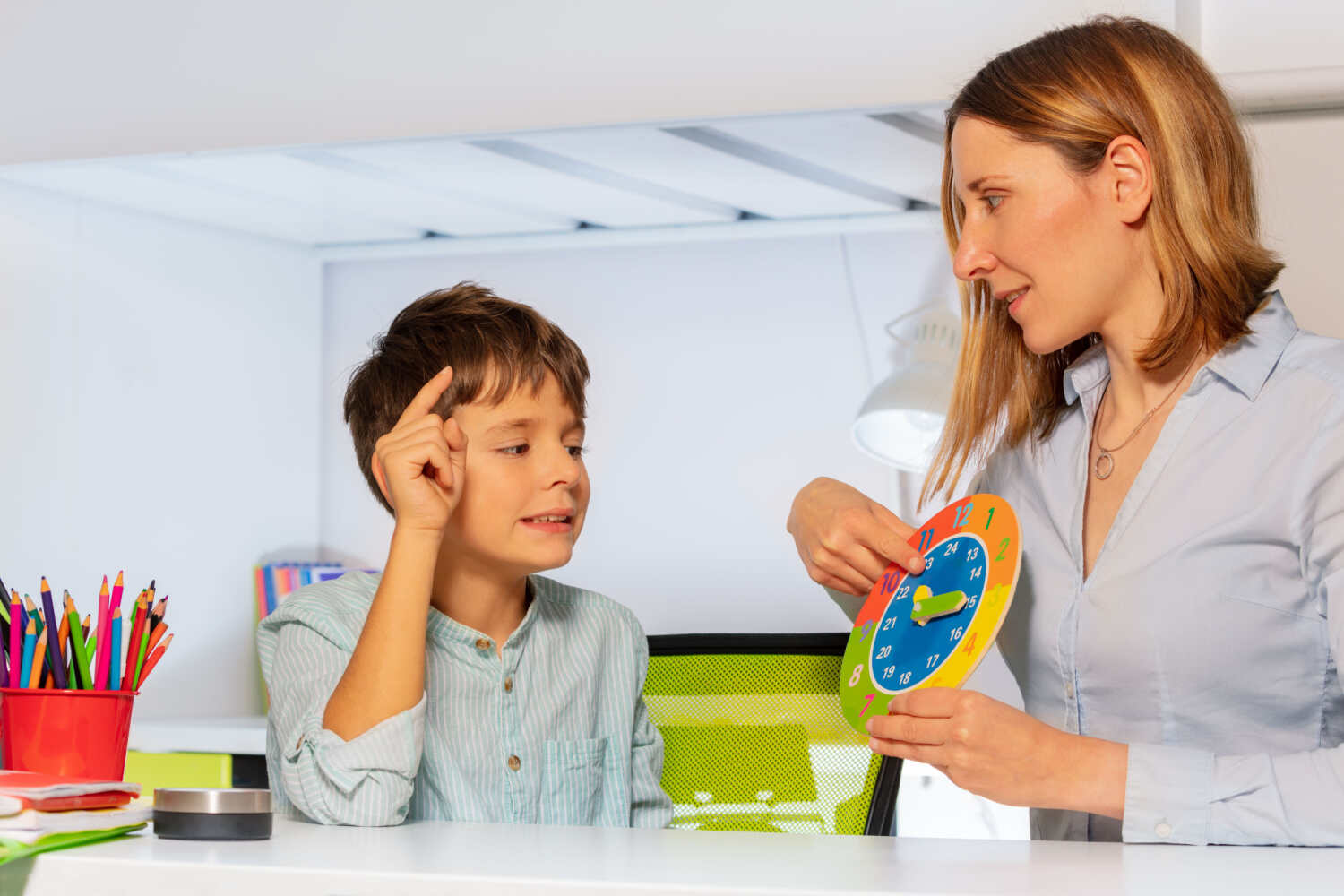
Did you know a woman consuming too much alcohol during pregnancy can have lasting effects on her baby? Have you heard of fetal alcohol syndrome? Yes, it is in fact a real condition to worry about. The general advice for a woman is to stay off alcohol and other substances during her pregnancy because they are strong enough to pass through all the filters, reach, and affect the baby.
While many say a little alcohol during pregnancy cannot hurt the pregnant mother or the child, how much is little? How much alcohol can actually hurt the baby developing in the womb beyond all those layers of filtering? Read on to learn all about fetal alcohol syndrome.
In This Article
- What Is Fetal Alcohol Syndrome?
- What Causes Fetal Alcohol Syndrome?
- Signs & Symptoms Of Fetal Alcohol Syndrome
- Risk Factors Of Fetal Alcohol Syndrome
- How Is Fetal Alcohol Syndrome Diagnosed?
- Treatment Options For Fetal Alcohol Syndrome
- Can Fetal Alcohol Syndrome Be Prevented?
- When Should You See A Doctor?
- FAQ’s
What Is Fetal Alcohol Syndrome?
As per a review article published in the National Library of Medicine, fetal alcohol syndrome is a serious condition, which causes irreversible damage in a child, due to exposure to alcohol when in the womb. FAS can result in damage to the brain, nervous system, physical features of the baby, or even behavioral issues.
When a pregnant woman consumes too much alcohol, she exposes her fetus to it. The resulting damages and complications can vary from child to child. However, these damages are permanent and no treatments can reverse them.
What Causes Fetal Alcohol Syndrome?

Fetal alcohol syndrome is due to overexposure to alcohol when in the womb. Every person has a personal limit to tolerate alcohol and other substances. Each body is different and they react differently to different amounts of alcohol. When pregnant, a woman’s threshold for alcohol can be very different from what it was before pregnancy. Even a little alcohol puts the baby at risk. This is because there is no way to test or judge a safe limit. When a pregnant woman consumes alcohol, it passes to the baby through her blood. It crosses the placenta, the amniotic fluid, and reaches the baby through the umbilical cord.
No research or study shows a “safe” amount of alcohol during pregnancy. Sometimes, consumption of alcohol even before the woman realizes she is pregnant can impact the baby. Though wines and beers have lower alcohol content than other drinks in the market, they can still cause harm to the baby. This is why doctors advise pregnant women to stop consuming alcohol, tobacco, and other substances when they decide to get pregnant or soon after they know about the pregnancy.
Signs & Symptoms Of Fetal Alcohol Syndrome

Just like the threshold for alcohol varies from woman to woman, the signs and symptoms of fetal alcohol syndrome also vary from child to child. The signs and symptoms will differ according to the extent of exposure and severity of the impact on the child’s development and which areas it affects. We can split the signs and symptoms according to the areas of impact.
Physical Defects
Some children may have physical defects such as
- Deformation of the joints, fingers, or limbs
- Deformation of facial features like thin lips, short or upturned nose, small and beady eyes, or a flat smooth surface between the upper lip and the nose
- Physical growth is slower than average
- Issues with hearing or vision
- Head circumference, or the brain is small
- Issues in the heart, kidneys, or bones
Nervous System And Brain Damage
Some children may have damage to their brain and central nervous system that controls all actions of the body, such as
- Balance and coordination are poor
- Memory is below average
- Weak in reasoning or problem-solving
- Inability to understand the consequences of their choices even as they grow older
- Their judgment skills are not up to expectations
- They can’t process much information
- Their attention span is low
- Delays in learning skills, or crossing milestones
- Intellectual disability or learning disorders
- Mood swings
- Hyperactive or restless
Behavioral Issues
Some children may look physically fine and do well in school academically and intellectually but can have behavioral issues like
- Inability to make friends or get along with peers
- Poor socialising skills
- Finds it difficult to adapt to changes in the surroundings
- Unable to change from one task to another easily
- Unable to focus on a task for long
- Finds it difficult to socialize in school or outside
- Finds it difficult to plan, prioritize, and execute a task or plan
- Cannot control impulses
Risk Factors Of Fetal Alcohol Syndrome
The only risk factor for a baby to develop Fetal Alcohol Syndrome is exposure to alcohol when in the womb. The amount of alcohol exposure can be very minimal or high, there is no specific amount that is safe or unsafe in Fetal Alcohol Syndrome (FAS).
If the mother consumes alcohol during her pregnancy even before she takes a pregnancy test or realizes she is pregnant, it can still have an impact on the baby. This does not mean all cases of alcohol exposure during pregnancy result in FAS. The exposure puts the baby at risk of Fetal Alcohol Disorder Syndrome (FADS).
How Is Fetal Alcohol Syndrome Diagnosed?
As per a research article, published in the American Journal of Clinical Nutrition, diagnosing fetal alcohol syndrome can be difficult. Since the symptoms are very similar to many other developmental delays like Autism spectrum disorder, Attention-deficit/hyperactivity disorder (ADHD), and others, it may not be easy to diagnose FAS right away. There are no specific tests to check for the same. A doctor will look into the issue only if they suspect FAS and the parents divulge the complete truth.
Some of the ways a doctor can diagnose FAS are
- Getting a detailed history of the mother’s alcohol consumption habit or frequency.
- Abnormal facial features like the smooth patch of skin between the upper lip and nose or a very thin upper lip.
- The newborn is too small in size.
- Reports of behavioral issues, poor attention, or hyperactivity.
Unless the doctor knows about the alcohol exposure during pregnancy, they cannot confidently diagnose FAS. Since the symptoms are very similar to other issues, they can always mistake it for one of the other developmental disorders.
Treatment Options For Fetal Alcohol Syndrome

Unfortunately, there is no permanent cure or treatment for FAS. However, early detection can help manage the impact on the child’s development by treating the symptoms. Some of the treatment options include
- Medications to treat or control behavioral issues
- Therapy to improve attention or concentration to help the child cope in school or keep up with peers
- Therapy for learning disabilities or difficulties
- Medical support for hearing or vision issues
- Parental training to help caregivers and parents handle affected children with empathy and patience
Can Fetal Alcohol Syndrome Be Prevented?
Yes, you can prevent FAS by not consuming alcohol when you are pregnant. If you did not realize you were pregnant and consumed alcohol in the first few weeks, it is still never too late to stop. There is no guarantee that the alcohol you consumed before your positive test result can or cannot affect the baby. Some women may continue consuming alcohol throughout their pregnancy and the baby may not suffer from FAS.
This is very subjective and one can never predict when or how much alcohol exposure in the womb can affect a child. The best way to prevent FAS in babies is to avoid alcohol consumption right from the time you start trying to conceive. This will ensure there is no accidental exposure due to a false negative test or late checking for pregnancy.
When Should You See A Doctor?

You should visit a doctor if you are pregnant and are suffering from alcohol addiction. You would need to seek professional help immediately. Your doctor can help you find therapists and support groups to help you through this phase. Also, if you notice any signs or symptoms in your baby, you need to consult your doctor immediately. Though the damage is permanent, early detection can help, and timely treatments can help reduce the impact on the child’s development.
Fetal alcohol syndrome is a serious issue with an ever-lasting impact on the baby. It is important to avoid alcohol and other substances during pregnancy even if it is just a little. If you notice FAS in a child, please seek medical attention immediately. Though it is not curable, you can help the child lead a close-to-normal life and get enough support from the right sources.
FAQ’s
1. What Are The Three Types Of Fetal Alcohol Syndrome?
The different types of FAS Disorders apart from FAS are Partial FAS (PFAS), Alcohol-related Neurodevelopmental Disorder (ARND), Alcohol-Related Birth Defects (ARBD), and Neurobehavioral disorder associated with Prenatal Alcohol Exposure (ND-PAE).
2. Are Fetal Alcohol Syndrome And Fetal Alcohol Spectrum Disorder The Same?
FAS is a type of Fetal Alcohol Spectrum Disorder. More such conditions come under this spectrum. They are all related to the impact of alcohol exposure when in the womb.
3. Is Fetal Alcohol Syndrome Genetic?
It is mostly a congenital condition, meaning the baby is the first to have it. FAS occurs due to alcohol exposure in the womb. There are no records of it genetically passing to the next generation.
